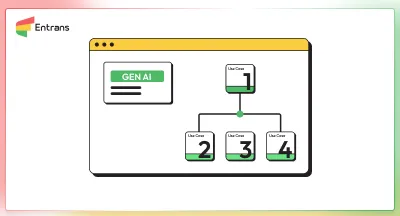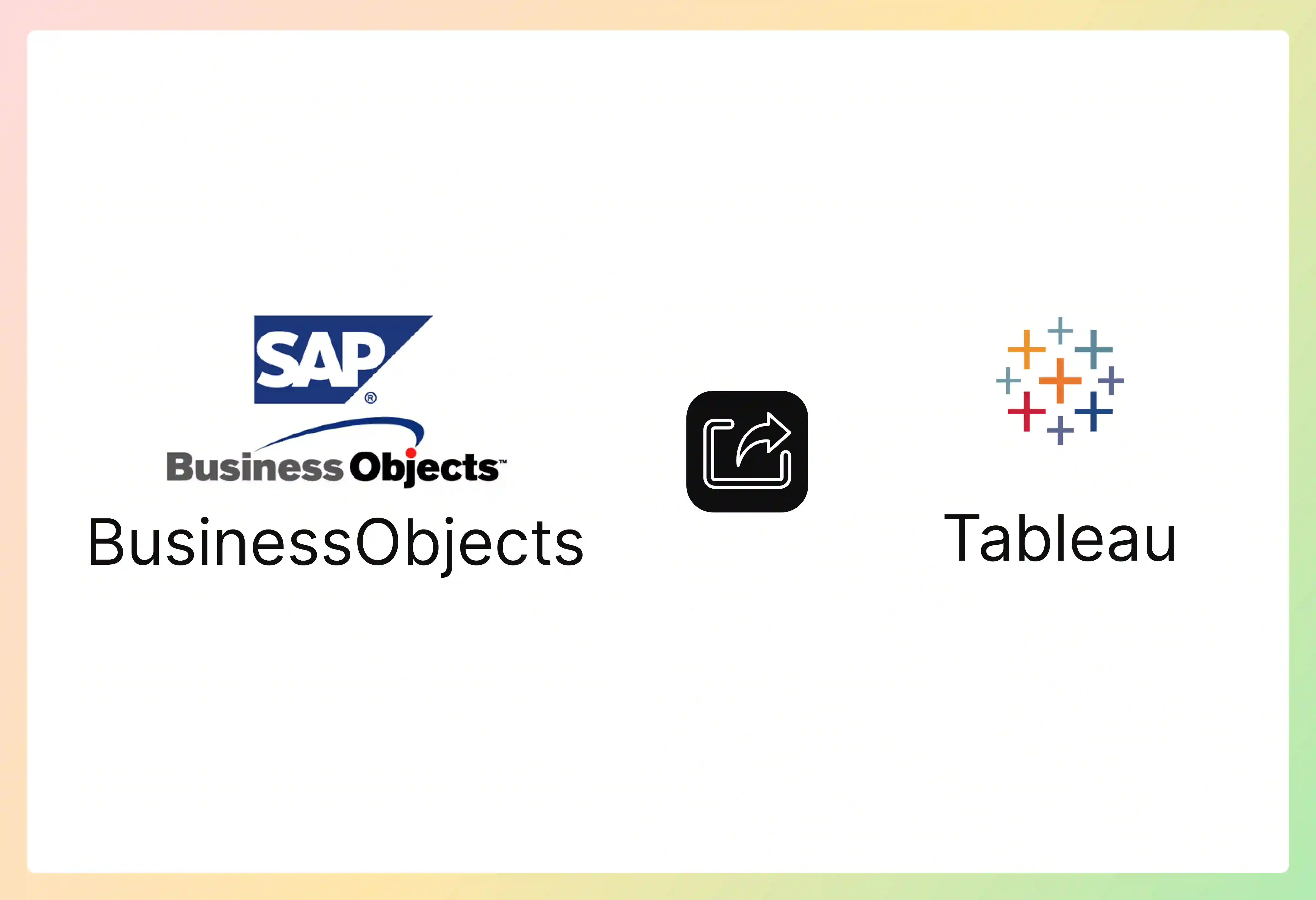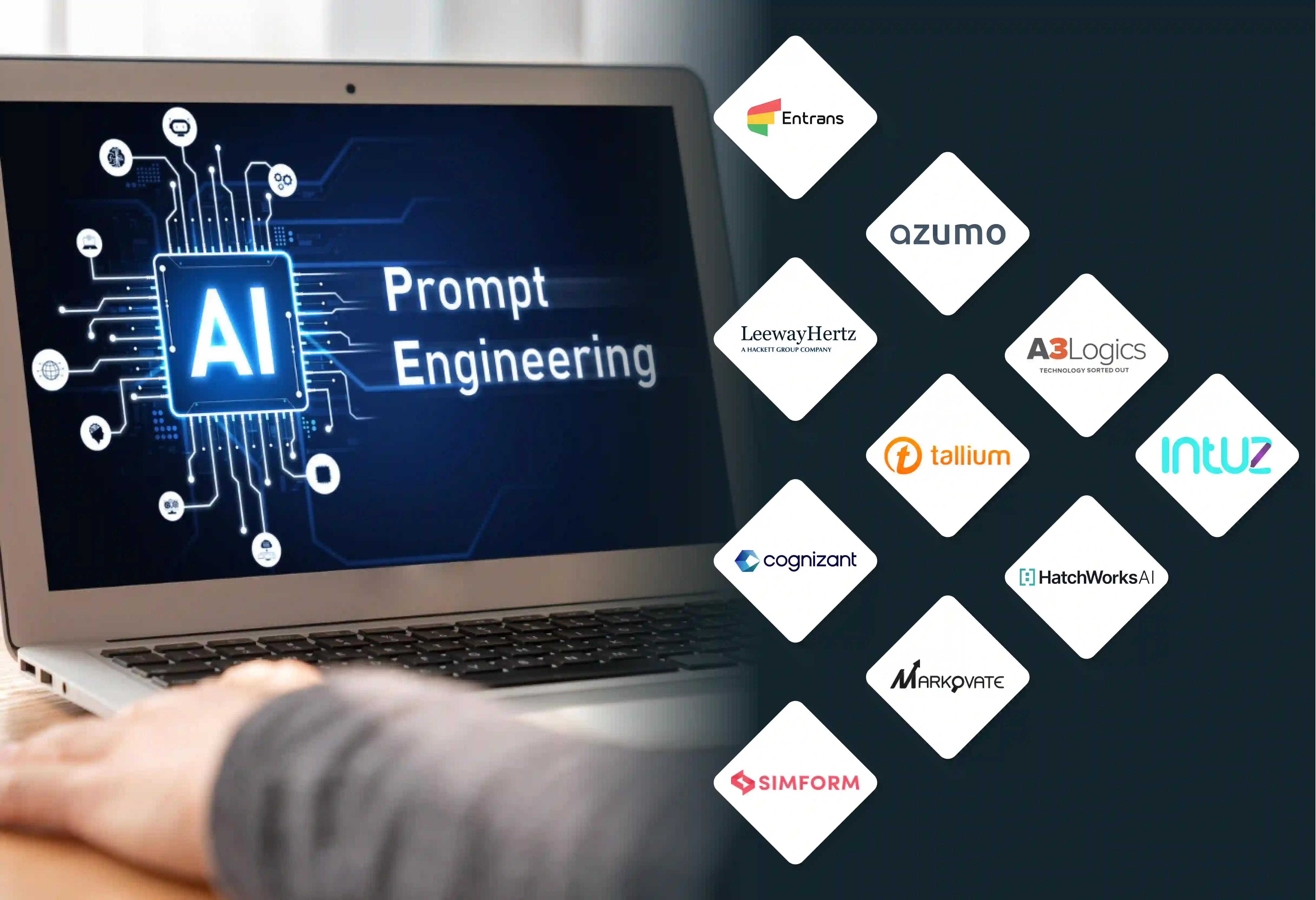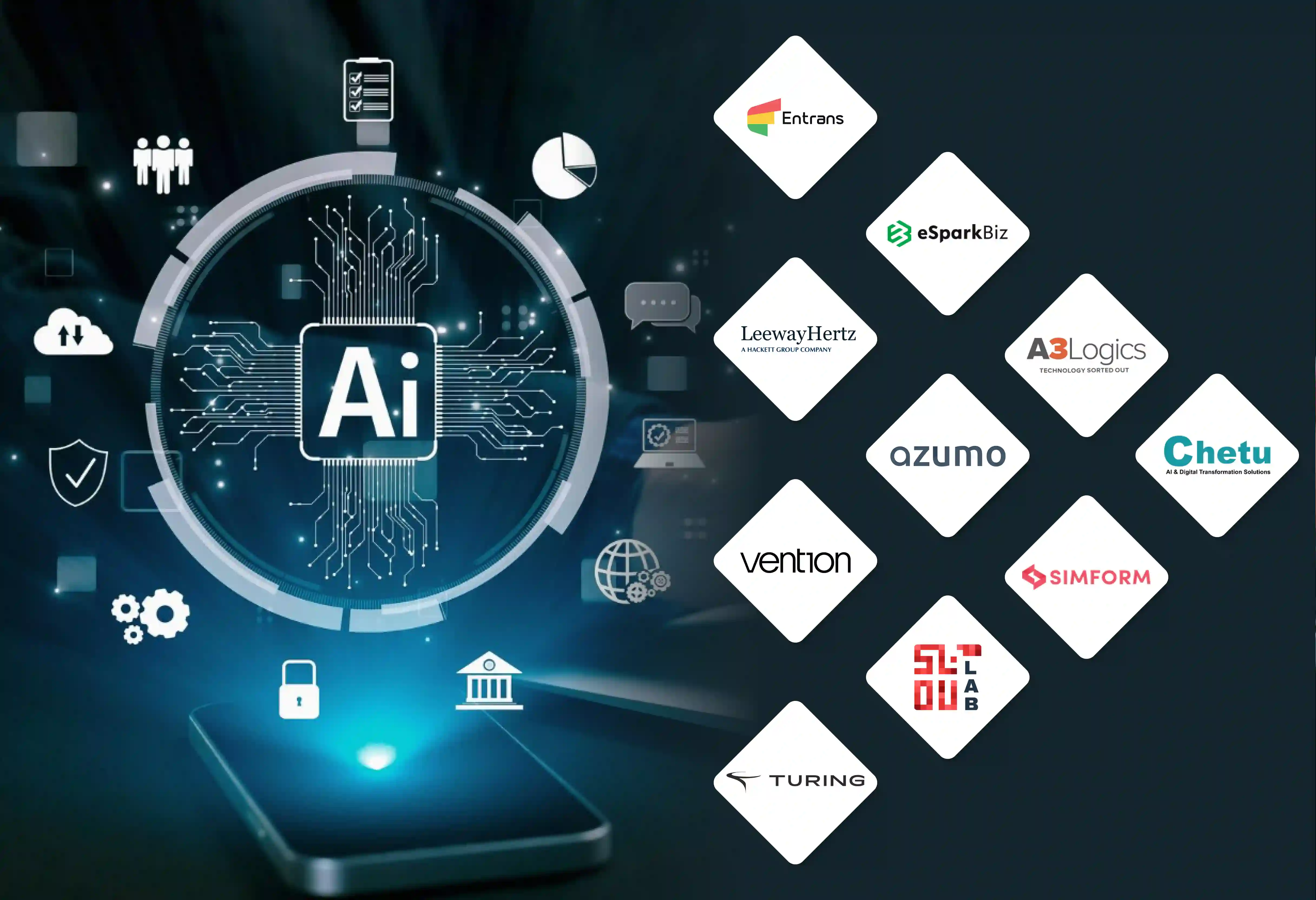


In this blog, we’ll explore some of the most influential ways generative AI is being used in software development and how it could shape the future of the industry.
Before we get into the use cases, let’s quickly define what generative AI is. It’s a form of artificial intelligence that can develop new products or solutions based on known data sources.
For example, it can generate code, make suggestions for software upgrades, or even write an entire program from just a few instructions. This is all achieved through machine learning, where AI models are trained on big data to recognize patterns and produce meaningful results.
Generative AI is truly changing the game in software development. It’s not just making things faster but also helping developers work smarter. Let’s break down some of the big benefits.
1. Speeds Up Development
One of the interesting things about generative AI is how much more quickly projects can be completed with its use by developers.
Some platforms allow developers to input what they want the code to do and get code that does exactly that almost instantly, freeing up time best spent on parts that will not be repetitive. Imagine writing a long essay but having someone type it for you while you focus on the big ideas. That's what AI does for code.
2. Fewer Mistakes
We all make mistakes—it's part of being human. But AI? Not so much. AI excels where coding is concerned because the latter can identify areas with commonplace mistakes and rectify them before they turn into crashes.
This assists the developers in addressing issues on how to have their software work well without attempting to correct errors in codes that would take almost equal time.
3. Boosts Creativity
Because AI handles the less creative parts of development, developers are left with lots more head space for thinking creatively.
This allows them to dedicate their time to such aspects as design, the usability of the application, or awesome new functions rather than implementing them into the code.
4. Great Learning Tool for Beginners
Firstly, generative AI is truly beneficial for new coders. You do not need to know everything. AI can alert you with possible bits of code and tell you how it’s done.
I guess it’s like having a sensible teacher by your side explaining things as you go through the exercises.
5. Better-Quality Software
AI can even help edit your code and even provide some suggestions. It compares how things have been done before and aids in making the software to be faster, neater, and with fewer problems. In the context of programming it makes me feel as if I have an editor scrutinizing my code’s minutiae.
One of the most significant uses of generative AI in software development is code generation. Writing code from scratch can be time-consuming, especially for large projects.
But with AI-powered tools like GitHub Copilot or OpenAI’s Codex, developers can get code suggestions instantly.
These tools can analyze the context of what you're trying to build and suggest lines of code to help. For instance, when constructing a web page the AI could recommend an HTML or CSS code for buttons, forms, or navigation panels. It reads previous code and offers snippets that one is basically to plug in.
Testing software is essential, but it can be tedious and time-consuming. That’s where generative AI steps in to help. AI-driven information-based automated testing tools can design, execute, and review tests independently while making certain the software is efficient.
Automated solutions like Testim, and Functionize can automatically look at the generated code and create test cases for you.
These tests check if the software behaves correctly under different conditions, like when a user inputs wrong data or clicks on something unexpected.
The basic problem here is that bugs mean something is not quite right in the computer code, and this can make it do all sorts of wrong things.
It may be quite difficult to identify these bugs and indeed the repairs. Generative AI makes this process faster and easier.
AI models like DeepCode and Snyk can scan code to find vulnerabilities, bugs, and security flaws. They analyze how similar bugs were fixed in the past and suggest solutions to fix them automatically.
One of the best uses of generative AI for software development is offering developers an opportunity to type in plain language to produce code. They can be used to program complex computer code instead of labeling them with a natural language command and asking the AI to write the code for you.
Let’s say you need a login page. You could simply tell the AI, “Create a login page with username and password fields,” and in no time, it writes the HTML, CSS, and JavaScript for you. Tools like ChatGPT make it easy for anyone to turn ideas into working code—even if you’re not a coder.
Getting the structure of your software right from the start is crucial. Generative AI helps by analyzing what you need and recommending the best way to organize everything—so your project is set up for success from the get-go.
AI can suggest tried-and-true design patterns based on your project. For example, building an e-commerce app? The AI might recommend which database to use, how to handle user data, and ways to make sure your app can handle high traffic.
DevOps brings together development and operations to speed up the process. Now, generative AI is taking DevOps to the next level by automating things like deploying code, monitoring systems, and managing infrastructure.
AI-powered platforms like Harness detect issues before they become problems and suggest fixes. They can also monitor performance in real-time, so you can take action before users even notice something’s wrong.
As software evolves, it can become messy and tough to manage. Refactoring is the process of cleaning up your code without changing how it works. With generative AI, you get automatic suggestions for making your code cleaner and more efficient.
The AI scans your codebase, finds repetitive or inefficient sections, and suggests ways to streamline them. If several parts of your code are doing the same thing, the AI will recommend combining them into a single, reusable function.
AI-powered coding tools like Visual Studio IntelliCode and Kite provide real-time help as you write. These tools can suggest the best way to write your code, highlight errors, and explain unfamiliar functions, making coding easier for everyone.
As you type, these smart tools look at what you're doing and offer suggestions. They can even recommend the best functions for specific libraries or frameworks, and give you tips on how to use them.
However, it is useful, developers might increasingly rely on AI in decision-making processes. The only problem with this if you are constantly leaning on it for help is that you may not even develop coding skills as much.
You would be way ahead of the class because it gives you the feeling of not knowing how to do it on your own even when you’re using a calculator now and then.
AI-generated code isn’t always foolproof. Sometimes, there might be hidden security flaws that hackers could take advantage of. That’s why developers need to double-check the AI’s work to make sure everything is secure.
AI learns from the data it’s fed, and if that data is flawed, the AI might make biased decisions. For instance, suppose that an AI system is trained using specific sets of data that are in one way or another prejudiced; the result obtained will be that the code generated contains injustice or could be toxic. This further brings up some vital ethical questions about the way we use AI respectively.
AI is fantastic, While it excels at the most mundane, simplistic tasks, AI has a problem with code work that is complex and intricate. It is also still necessary to use human creativity and experience to solve early difficult-to-understand problems for AI.
Some worry that as AI takes on more tasks, there might be fewer jobs for developers. While it’s true that AI is changing the nature of work, it’s also opening up new opportunities. There may be a necessity for developers to transition to positions that require more creativity, supervision or management, or new sorts of thinking.
Generative AI is opening up a world of possibilities in software development. From writing code to finding bugs, testing software, and even designing entire systems, AI is making development faster, smarter, and more efficient. By using these AI-powered tools, developers can focus on creative problem-solving while letting AI handle repetitive tasks. As technology continues to evolve, we can expect even more innovative solutions that will redefine the future of software development.


